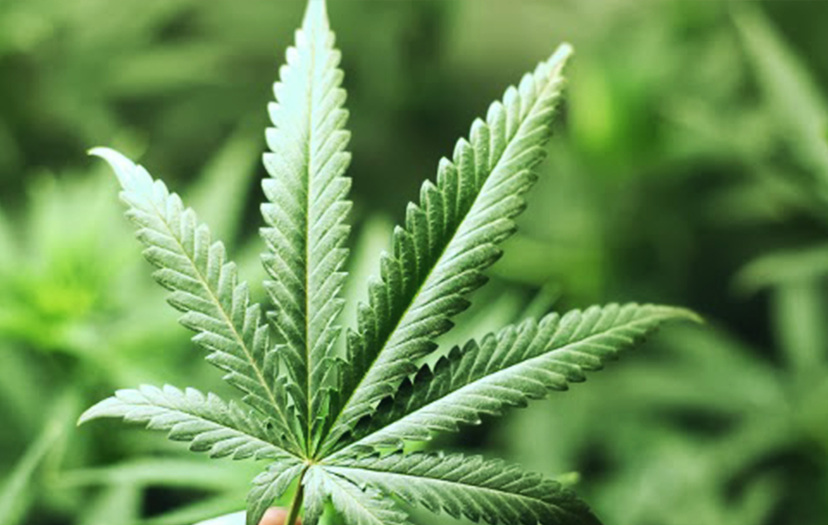Drugs have proven to be a very difficult plague to control, not only in South Africa, but throughout the world. These exercises literally nip the dagga problem in the bud. It goes without saying that the abuse of drugs leads to other more serious crimes such as rape, murder, attempted murder and robbery with aggravated circumstances. Therefore, it has become imperative that we must be extremely decisive in the steps we take to drastically minimize this scourge.
In this operation, some unknown people have been distributing stickers with messages such as “I love dagga” and pamphlets stating that the methods we are using to destroy the dagga, are unsafe and detrimental to the environment. This is not true. The dosage used is so minimal that it only kills the dagga plant. We have found that the natural vegetation surrounding the dagga plants survives the spraying. These people even went as far as inciting people to cause harm to our police officers.
Fortunately, the majority of people in this area are sensible and in favour of us destroying the dagga plantations. Also, we will stop at nothing to ensure that we fulfil our legal, moral and constitutional obligation to combat all forms of crime.
The team, using helicopters, sprayed over 500 hectares of these plantations which had the potential street value of billions of rands. Dagga plantations have been sprayed in this area for over 20 years. In all this time, not one person has been reported to have suffered any form of illness as a result of the chemical used.
It is believed that the dagga here is planted and cultivated mostly for exportation and our intelligence has it that this specific type of dagga is one of the most sought-after drugs internationally. Therefore, it can be expected that people may certainly want to stop our endeavour to eradicate the growing and distribution of this drug.
We have found the spraying of dagga plants to be the best and most effective way of destroying dagga plantations. It would be a huge challenge to extract dagga plants one by one, especially in these areas, which are in the hills and valleys along the Mzintshana River that are not easily accessible by road. Also, extracting these plants would be labour intensive, costly and very time-consuming. It would, for example, take 50 people two days to extract one hectare of dagga plants. Spraying has proven to be extremely safe, cost-effective and a much larger area can be covered in a very short period of time.
The only challenges of spraying are that the wind speed must not exceed 10 knots, the humidity must be greater that 40% and it must not be raining, otherwise the spraying will be ineffective and a waste of time and money. There are days when this happens and the team must remain grounded until the weather is conducive to effective spraying.
Unfortunately, in these dagga-spraying exercises no arrests are made as one cannot identify who is actually responsible for the cultivation of these plantations. These plants are generally found in communal areas and therefore, it will be practically impossible to prove possession. However, the spraying process has proven to be very effective in curbing the accessibility of this drug. There is much less of this drug on our streets and therefore, it is much more expensive to purchase.
We are satisfied that our objective to keep this drug off the streets, is being adequately achieved. – SAPS








